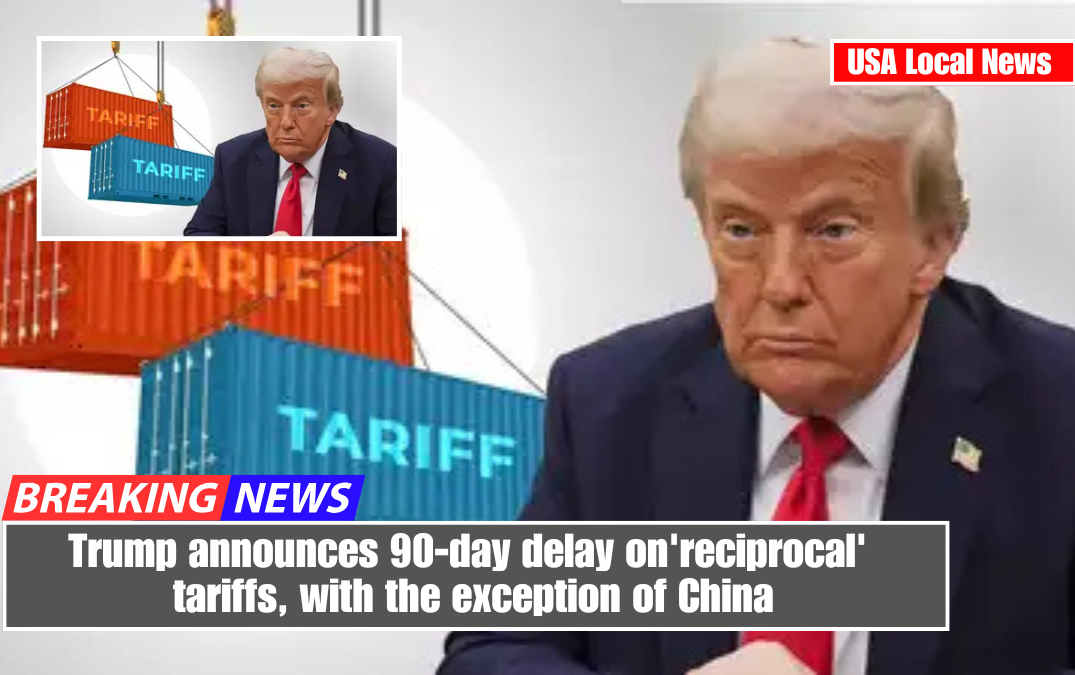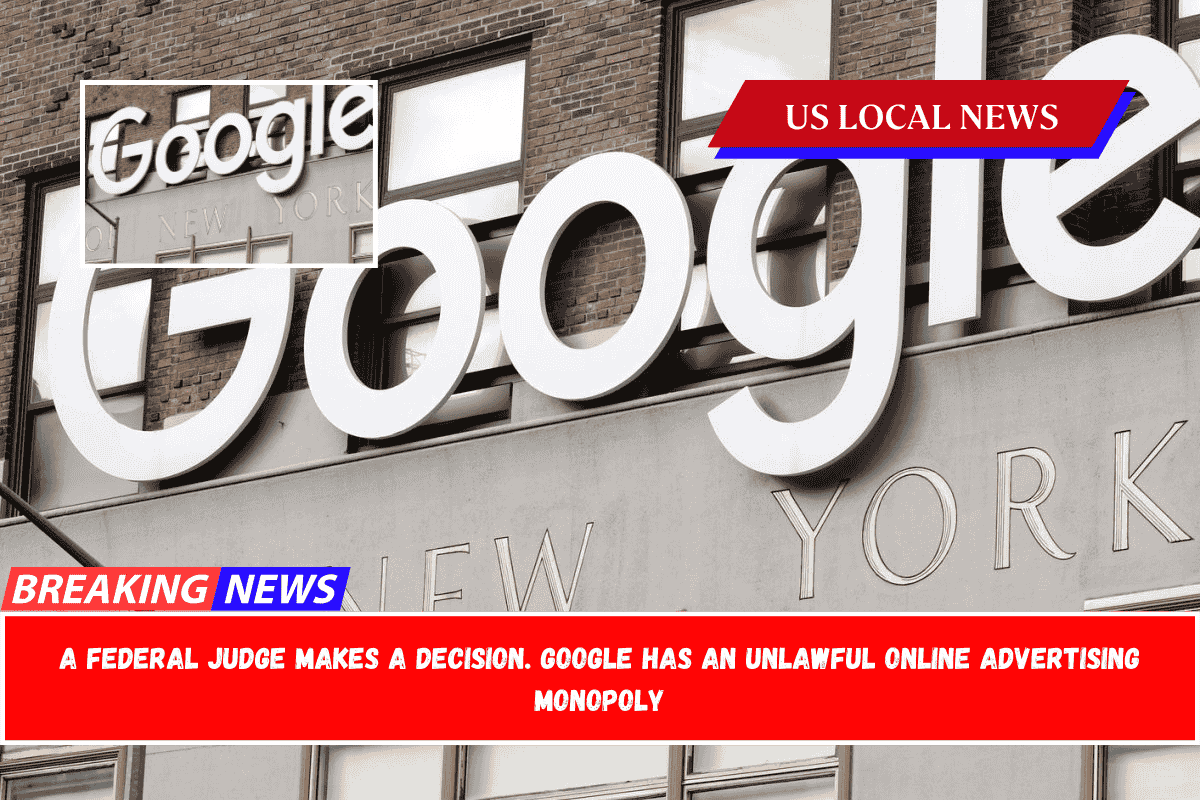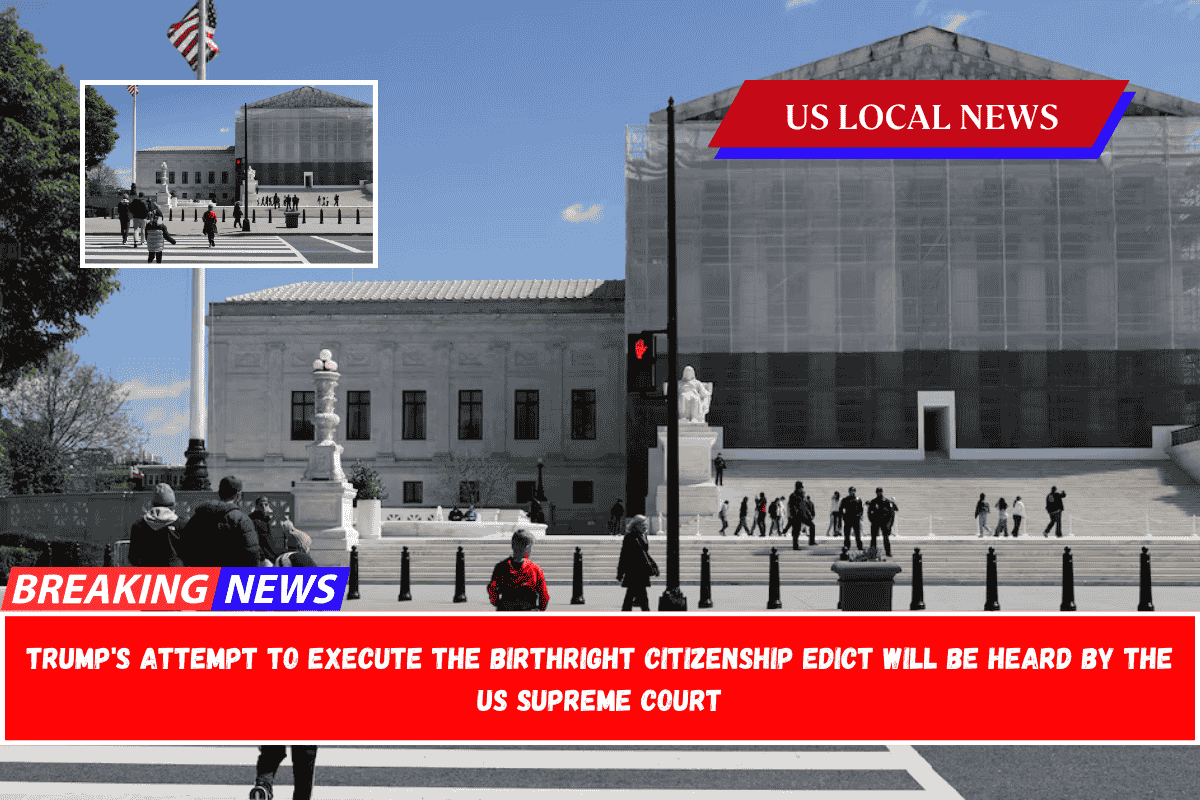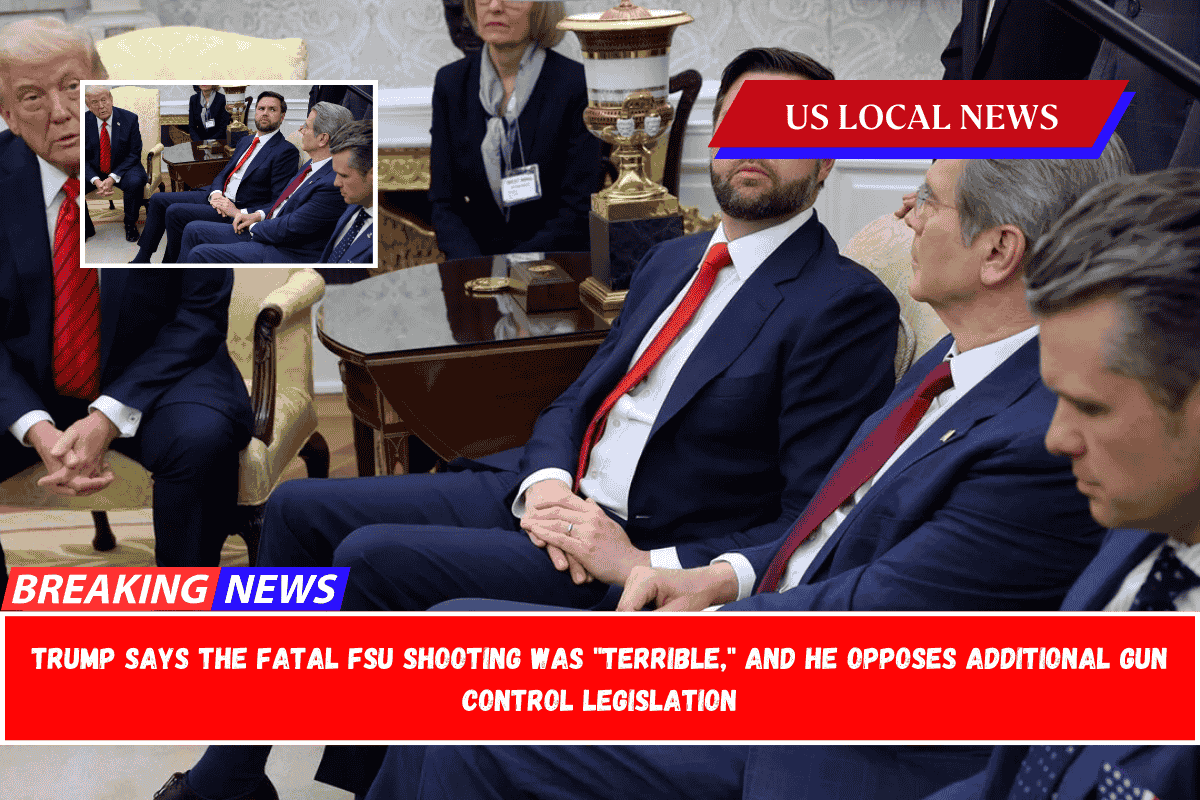President Donald Trump has announced a three-month moratorium on all “reciprocal” tariffs that went into effect at midnight, with the exception of China, in a stunning reversal from a president who had previously insisted that historically high tariffs were permanent.
However, enormous tariffs will remain on China, the world’s second-largest economy. In fact, Trump stated that they will be raised to 125% from 104% after China announced additional retaliatory tariffs against the US earlier Wednesday. All other countries that were subjected to reciprocal tariff rates on Wednesday will have their rates reduced to the universal 10% rate, he said.
“Based on the lack of respect that China has shown to the World’s Markets, I am hereby raising the Tariff charged to China by the United States of America to 125%, effective immediately,” he wrote on social media. “At some point, hopefully in the near future, China will realize that the days of ripping off the U.S.A., and other Countries, is no longer sustainable or acceptable,” he tweeted.
Speaking to reporters following the announcement, Trump stated, “Nothing is over yet, but we have tremendous support from other countries, including China. China wants to make a deal, but they are unsure how to proceed.
A White House official told CNN that Mexico and Canada will not face 10% tariffs. Almost all goods from the two countries will continue to be tariffed at 25%, unless they comply with the US-Mexico-Canada Agreement, in which case they will be tariff-free. However, this does not apply to Trump’s sector-specific tariffs.
Wall Street breathed a sigh of relief, however, as Trump backed down on other extreme trade measures. Stocks rose sharply following the news, despite the fact that the 10% universal tariff on all imports into the United States remained in effect.
The Dow gained nearly 3,000 points, or 7.87%, on Wednesday. The S&P 500 increased by 9.5%. The Nasdaq, which is heavily weighted in technology, rose 12.2%. This was the best day for the S&P 500 since October 2008. The Nasdaq had its best day since January 2001, and the second-best day on record. While the Dow had its best day in five years.
This comes after markets were slammed by Trump’s announcement of significantly higher tariffs last week.
Hours before the announcement, Trump stated, “THIS IS A GREAT TIME TO BUY!!!”
He ended the post with “DJT,” a possible reference to Trump Media & Technology Group Corp, which trades under the ticker “DJT.” DJT, the parent company of Truth Social, saw its shares fall nearly 13% this month. Following the announcement, shares were up more than 20% on Wednesday alone.
Trump told reporters that his decision to proceed with the pause was influenced in part by people “getting a little yippy yappy.”
“You have to be flexible,” he added, in stark contrast to recent comments he and administration officials have made insisting that Trump would not back down from his promises.
Pause was baked into Trump’s tariff strategy
Shortly after the announcement, Treasury Secretary Scott Bessent stated that the pause was part of “his strategy all along.” However, he also stated that Trump had “great courage to stay the course until this moment.”
CNN previously reported that Bessent visited Mar-a-Lago on Sunday to discuss tariffs with Trump, encouraging him to focus on the endgame of reaching new agreements with a variety of countries.
Meanwhile, US Trade Representative Jamieson Greer told a House hearing on Wednesday that he didn’t know about the pause until it was announced.
Greer said he was aware of the policy change Wednesday morning, but when asked if he knew it was going into effect, he said the administration discusses “all kinds of policies.”
Trump later told reporters that the plan “came together early this morning” after consulting with Commerce Secretary Howard Lutnick and Bessent. “We wrote it up from our hearts.”
Bessent stated that Trump will be “personally involved” in all discussions as he seeks concessions.
“No one creates leverage for himself like President Trump,” Bessent pointed out.
The message aimed at other countries was: “Do not retaliate and you will be rewarded,” he stated, adding that the move “signals that President Trump cares about trade and that we want to negotiate in good faith.”
He and Commerce Secretary Howard Lutnick were present when Trump sent his message on Truth Social, as Lutnick confirmed in a post on X.
“Scott Bessent and I sat with the President while he wrote one of the most extraordinary Truth posts of his Presidency,” according to Lutnick. “The world is ready to work with President Trump to fix global trade, and China has chosen the opposite direction.”
Bessent did not provide many details about what might happen after the 90-day pause, but he did say the administration will continue to hold talks with other countries in the meantime. For example, he stated that US government officials will meet with representatives from Vietnam on Wednesday.
“These are complicated negotiations,” he told me. However, after seeing the “maximum level” to which Trump is willing to go on tariffs, he believes that more countries will be willing to give in.
Escalating tensions with China
The higher tariffs on China came after Beijing announced new retaliatory tariffs of 84% on US goods, which will take effect on Thursday.
The Trump administration has particularly targeted China’s trade practices.
“We will see what China does but what I’m certain of is what China is doing will affect their economy much more than ours,” Bessent told reporters on Wednesday.”
Trump appears to be increasing pressure in the hopes that President Xi Jinping will blink first. He may have to wait a while, according to Wendong Zhang, an assistant professor of applied economics and policy at Cornell University.
“China has vowed to ‘fight to the end,’ and there is a risk of further escalation,” Zhang wrote in an email. “China has already reduced its reliance on US agricultural products, such as soybeans, since the 2018-19 trade war. However, this time around, Chinese leaders have the backing of a more supportive general public to stand up to the US and shift to domestic consumption.”
The State Council Tariff Commission announced China’s response in a statement: “The US escalation of tariffs on China is a mistake upon mistake, severely infringing on China’s legitimate rights and interests, and seriously damaging the multilateral trading system based on rules.”
The increased retaliation comes after China repeatedly threatened to “fight to the end” if the US imposed additional tariffs.
Pushing off a recession?
Economists significantly increased their forecasts for a recession after Trump implemented the reciprocal tariff package, which included tariffs of up to 50% on dozens of countries.
While the 90-day pause may have pleased investors, it is unlikely to prevent a recession, according to Joe Brusuelas, chief economist at RSM US, who spoke with CNN on Wednesday.
“My sense here is that the (US) economy is still likely to fall into recession, given the level of simultaneous shocks that it’s absorbed,” Brusuelas said during a phone interview. “All this does is postpone temporarily what will likely be a series of punitive import taxes put on US trade allies.”
Following Wednesday’s announcement, Goldman Sachs economists said they were returning to their previous forecast of a 45% chance of a recession in the next 12 months. Prior to the announcement, they predicted a recession as the “base case,” which meant it was highly likely to happen.
Jake Colvin, president of the National Foreign Trade Council, which represents a diverse group of importers, described the pause as “a step in the right direction.”
He did warn: “Let’s not celebrate the fact that it still seems to leave in place a new baseline of 10% tariffs on most countries, plus significant levies on China, steel and aluminum and autos, with the promise of more duties to come.”
Colvin was referring to the remaining 25% tariffs on the three industries. Trump has also threatened to impose tariffs on a number of other industries, including lumber, pharmaceuticals, and copper.
Ultimately, the pause does little to alleviate the uncertainty that businesses have faced since Trump’s November victory over the tariff environment, he said.










